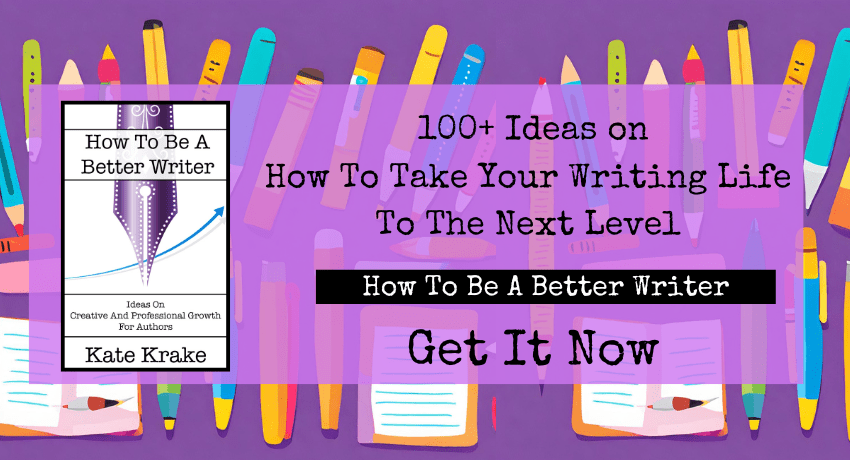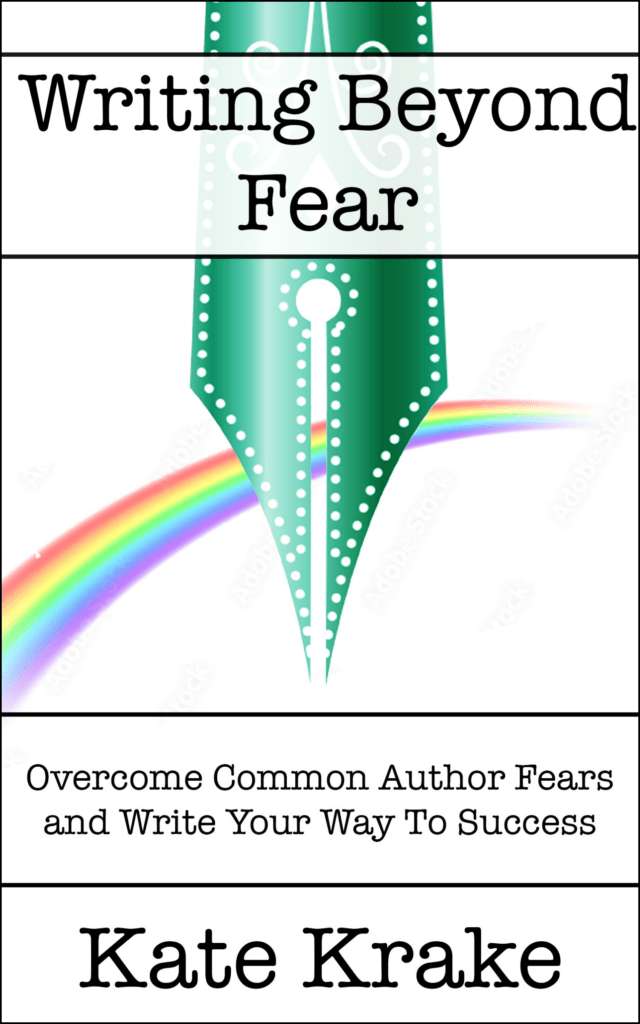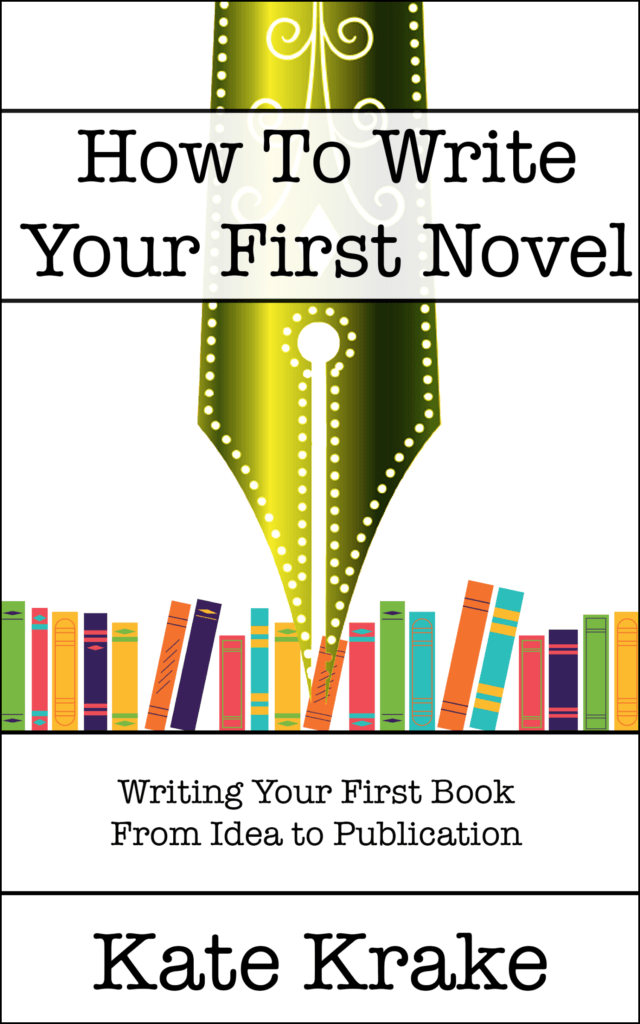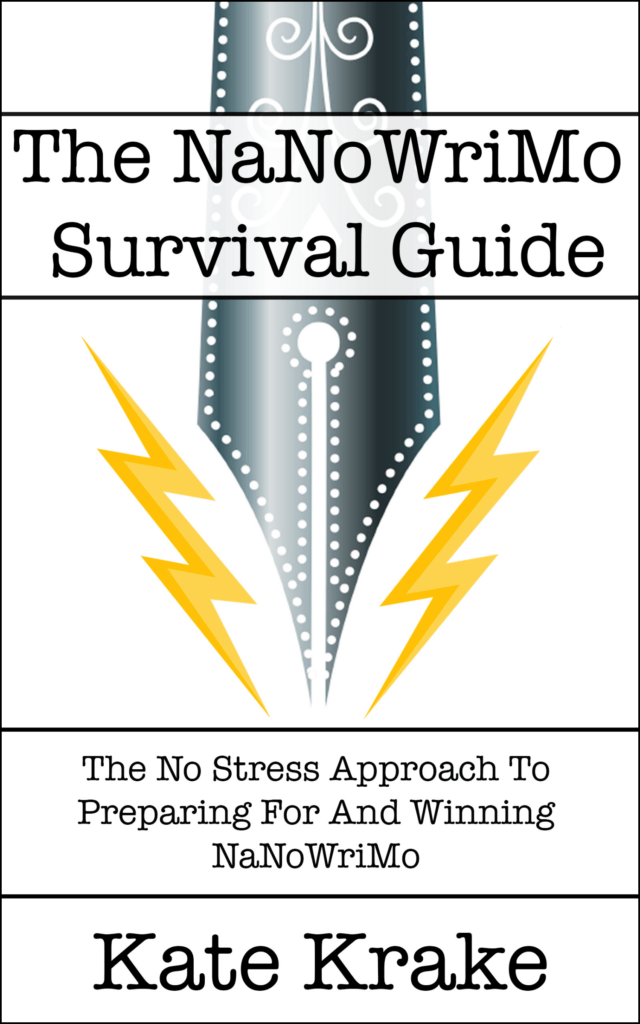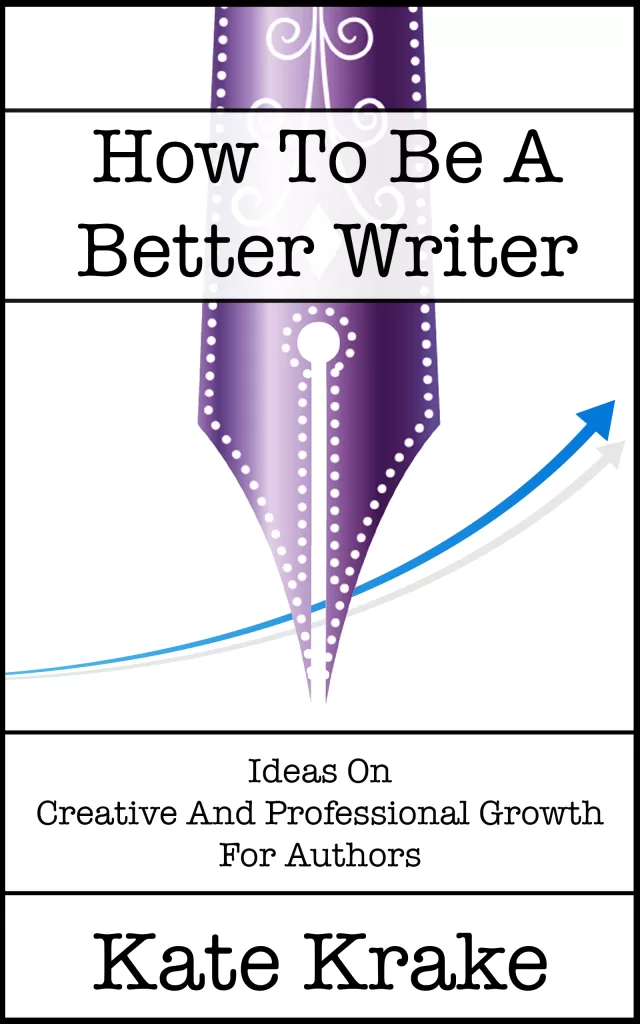Sometimes a writer can feel like they’re adrift in a vast sea of writing advice.
From blogs (like this one!) to podcasts, and workshops to webinars, books, videos, every corner of the internet seems to overflow with tips on how to perfect your craft and run your author business. And this is a good thing!
Writing is tricky, running an author business is even trickier. There are skills in both that need to be learned and honed. Since there is never just one way to be a writer or to sell your books, these voices and all of this advice are an invaluable resource to help writers gain the confidence to find the path toward their own way of writing and living a successful creative writing life.
BUT, it’s easy to drown in this sea. It’s easy to lose sight of shore and drift about in all kinds of swirling currents, never really knowing which direction you’re heading in because this piece of advice contradicts that piece of advice and they’re still both true.
So we try to do all the things. We want to write this way because this author made millions, and we want to write that way because that author is a beloved, expert storyteller. We try to outline; we try to discovery write. Which is the best way? We focus on writing a series of books, but look toward the other author killing it with standalones. This author says no writer will ever be successful self-publishing short stories, and that author is making an amazing career doing just that. This other writer crafts plots with this formula and this other writer doesn’t even come close to that kind of story.
Who do I listen to?
Which advice do I take?
Should I listen to one more podcast on narrative structure, just to make sure I’m not missing out on some vital piece of information?
Why can I never focus on my own work?
Why do I always have this sense I’m not being a writer in the right way?
Welcome to Writing Advice Overwhelm.
Choice overload is a real thing. When presented with too many options, our ability to decide can become paralyzed. For writers, this means that the sheer volume of advice can lead to confusion and self-doubt. You might find yourself constantly second-guessing your methods, wondering if you should adopt yet another new technique, or scrapping a project altogether because it doesn’t align with the latest trend. I’ve been there a million times or more.
Here are a few ideas on how I pulled myself out of the swirling sea of advice overwhelm and set my sails to the shores I wanted to reach, on my terms.
Experiment And Reflect
Try something. Experiment with new techniques, new paths, and do so for enough time to get a real feel for them. A few days is never enough time. A few weeks might work depending on what you’re experimenting with. A few months is better.
Remember that you are in an experiment mode. This will deflect any misery or sense of failure that might creep in if this new something doesn’t work out for you. Reflect on whether these experiments serve your vision. Are they helping you write the kinds of stories you want to create? Does this new marketing strategy feel creative and fun for you? Are you enjoying the process and feeling good about what you’re creating? These are the questions that will tell you if your experiments are successful.
Curate Your Sources
Who are you listening to? What kind of life do they have? What kind of books do they write? Do you see yourself reflected in their lived experiences?
It’s unlikely that productivity advice offered by a twenty-year-old man with no children, will resonate with a middle-aged mother with little kids at home trying to get the words down, any words down, in between bending to the relentless demands of her (totally beloved) children. His advice won’t be wrong, just not suitable for her. The indie romance writer crushing the market with their contemporary steamy novellas will think in very different tactics to the epic fantasy author pursuing a traditional publishing deal. Both are valid paths, but one set of advice will not apply to the other.
Choose a few trusted sources that resonate with you and stick to them. This can help reduce the noise and make it easier to integrate any new ideas into your writing life.
Set Boundaries Between Creation and Consumption
Create first. Listen to advice second. Allocate specific times for consuming writing advice and separate them from your actual writing sessions. This can prevent the advice from overwhelming or even hijacking your creative process.
Trust Yourself
You are the ultimate authority on your writing and your writing life. Advice is just advice. It’s there to guide you if you choose to be guided, not dictate your every move. All creation is a deeply personal process, and if you’re not careful, all of those voices will drown out your inner voice and your creative intuition.
Learning from others is crucial, but we can never let it overshadow our personal expression. It’s a delicate balance and a twisty journey. Ultimately, the trust you have in your intuition and your creative autonomy is your best guide. If someone else’s advice aligns with that, then listen. If it resonates, then try it. If it doesn’t, ignore it with a light heart and carry on with whatever you need to create, with no requirement to justify your choices to anyone.


